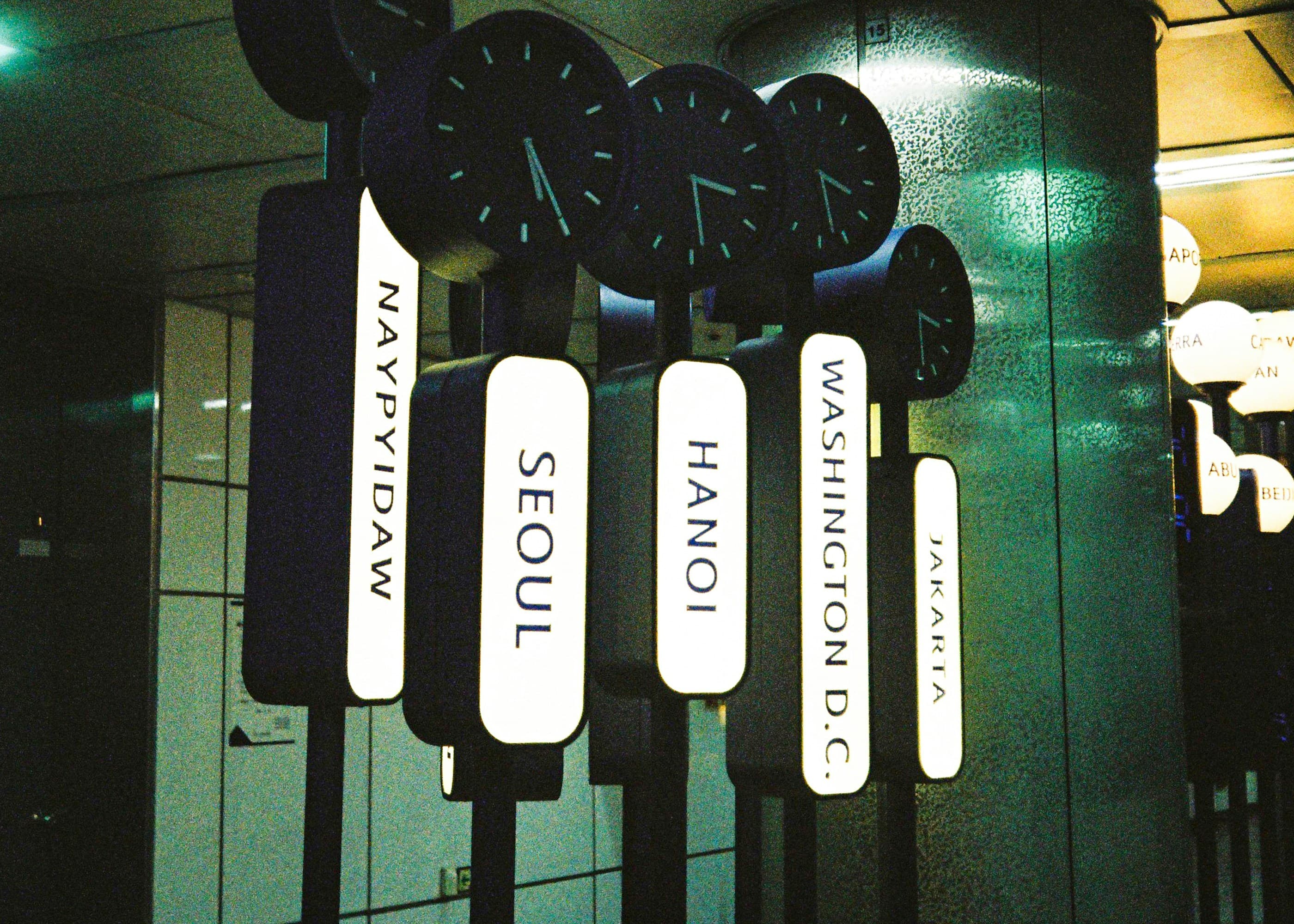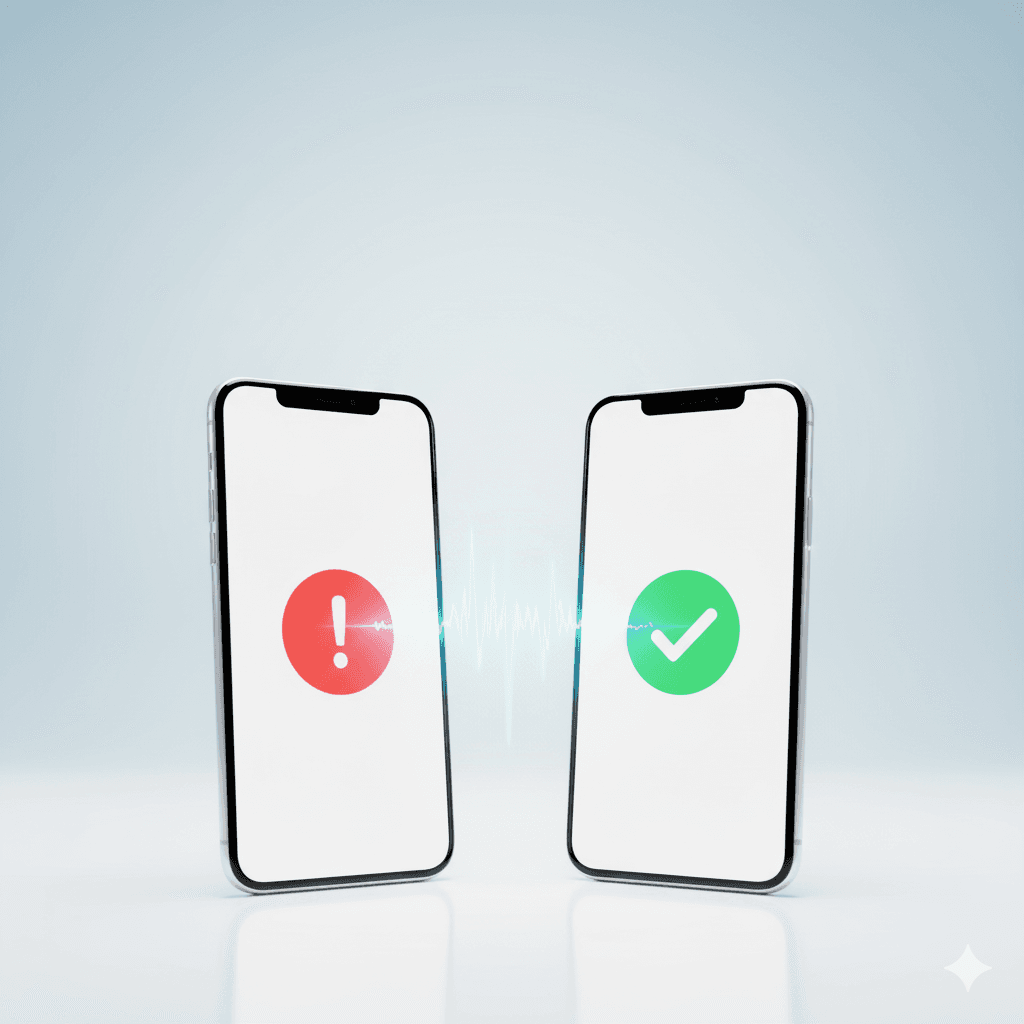It's 2:47pm. Your top sales rep just promised a lead they'd call back at 3pm tomorrow. Simple enough, right? Except they're in California, the lead's in New York, and nobody specified which 3pm. Your rep adds it to their calendar (Pacific time, naturally), scribbles it on a sticky note for good measure, and moves on to the next call.
Twenty-four hours later, at 3pm Eastern, your lead sits waiting. By 3:15pm, they're annoyed. By 6pm Eastern, when your rep finally calls, they've already signed with your competitor.
This scenario isn't an edge case. It's a daily operational nightmare that transforms simple callbacks into complex coordination puzzles, draining productivity and destroying trust one broken promise at a time.
The $150,000 coordination tax
When a prospect says "call me back at 3pm tomorrow," they've just triggered a cascade of hidden costs. Sales reps already spend only 28% of their time actually selling , with administrative tasks consuming the majority of their day. Time-specific callbacks make this worse.
Each promise requires multiple touchpoints: initial scheduling, calendar entry, timezone verification, reminder setting, and often rescheduling when conflicts arise. Research shows sales reps spend over 4 hours per week on administrative tasks , with scheduling consuming a significant chunk. For a 10-person sales team handling 20 callbacks each per week, that's 200 opportunities for timezone confusion, scheduling conflicts, and broken promises.
The financial impact is staggering. The average medical practice loses over $150,000 annually from missed appointments , and that's in a field where appointments are typically scheduled days or weeks in advance with confirmation systems. Sales teams managing same-day and next-day callbacks without proper systems face even steeper losses.
The mental load nobody measures
Beyond measurable time loss lies cognitive burden. Your sales rep isn't just remembering to make a call, they're maintaining a mental map of promises while juggling their primary job of selling.
Studies indicate that constantly toggling between different tools and timezone calculations causes unnecessary cognitive load . A rep worried about missing their 3pm callback isn't fully present in their 2:30pm demo. They're clock-watching, distracted, already mentally preparing for the next call.
This mental juggling contributes to broader burnout. Sales teams experienced a 25% average turnover rate last year, with nearly one in four reps planning to leave within 12 months . Every additional administrative burden, including callback management, pushes talented reps toward the exit.
When coverage becomes catastrophe
What happens when your rep who promised that 3pm callback calls in sick? In most organizations, those callbacks vanish. The sticky note sits on an empty desk. The calendar entry lives on a closed laptop. The prospect waits, fumes, then buys elsewhere.
Sales teams use an average of 10 tools to close deals , but rarely have a unified system for callback coverage. Even when teams attempt buddy systems or shared calendars, the handoff rarely preserves context. The covering rep doesn't know the prospect asked specifically about enterprise pricing, or that their boss needs approval by Friday. The callback happens, technically, but without the context that would make it valuable.
Trust at the exact moment it matters most
A time-specific callback isn't just an appointment, it's a promise that defines your company's reliability. Healthcare practices charge $25-100 for missed appointments , recognizing the real cost of broken commitments. But in sales, the reputational damage far exceeds any fee.
When you promise to call at 3pm and don't, the prospect experiences firsthand how your company handles commitments. They'll remember that broken promise when evaluating your product guarantees, your SLA promises, and your implementation timelines. One missed callback can undermine months of trust-building.
The solution isn't more administration
Manual solutions, shared calendars, buddy systems, meticulous note-taking, can improve callback completion marginally. But they add their own overhead. Sales reps already spend 70% of their time on non-selling activities . Adding more administrative burden to solve an administrative problem is counterproductive.
Generic scheduling tools handle meeting bookings but miss the nuance of "call me back at 3pm tomorrow." CRM reminders help but still rely on human execution at the critical moment. The real solution requires removing human failure points entirely, capturing the specific request, clarifying timezone automatically, and executing the callback at the promised moment regardless of human availability.
Companies using automation report 20% productivity gains by eliminating non-customer-facing activities. But the real value isn't just time saved, it's trust earned through consistent delivery on promises.
Your prospects are telling you when they want to buy
The "call me back at 3pm tomorrow" request isn't going away. These prospects are literally scheduling their own sales conversations, telling you the exact moment they're ready to engage. The only thing standing between you and that sale is your ability to show up when promised.
Organizations that solve this problem don't just recover lost revenue, they build a competitive moat of reliability. Every kept promise strengthens your brand. Every precise callback execution demonstrates the operational excellence prospects can expect as customers.
For sales teams ready to transform callback chaos into competitive advantage, Trillet AI eliminates the entire problem. Unlike traditional automation that still requires human triggering, Trillet captures specific time requests, handles timezone conversion automatically, and executes callbacks at the exact promised moment, even managing intelligent follow-ups across channels if the prospect doesn't answer. Turn your callback promises into closed deals at trillet.ai.




